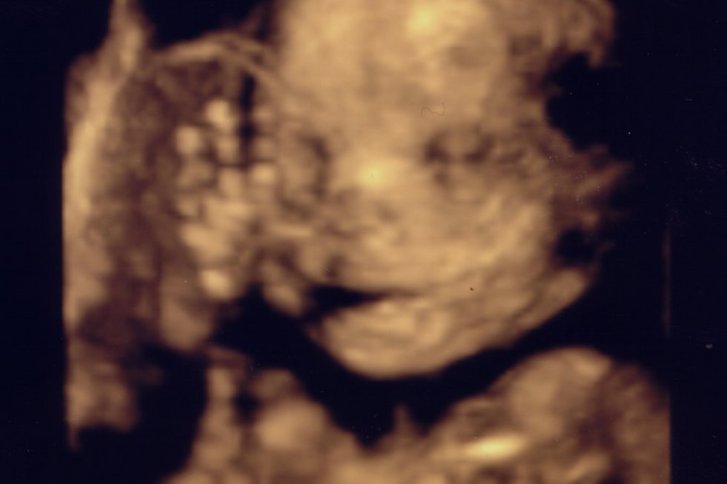Reasons for further prenatal examinations range from the desire for more certainty in cases of increased age or family predisposition up to suspicious ultrasound findings at the gynaecologist.
The term prenatal diagnostics covers all examinations of pregnant women which serve to detect possible damage or illness of the unborn child. As part of prenatal care, your gynaecologist will monitor the course of the pregnancy and inform you about special further examinations.
If you wish to have such an examination, it can be carried out either by your gynaecologist or by us. Of course, you can decide at any time whether and when you wish to take advantage of which examination offers. You have a right to know, but also a right not to know. Whichever way you choose, it remains your individual decision. We can help you with your decision, either by providing this information or by giving you a personal, telephone or written advice.
At the Centre for Prenatal Diagnostics, in accordance with the guidelines of the German Society for Ultrasound in Medicine (DEGUM) Dr. med. Yasmina Neuhaus (DEGUM II) is designated. This means that we offer you all non-invasive and invasive examination procedures.
The possibilities of prenatal diagnostics are divided into
- ultrasound and laboratory tests (non-invasive diagnostics)
- Ultrasound-guided interventions (invasive diagnostics)
Ultrasound and laboratory tests (non-invasive)
This includes all procedures that do not involve any intervention in the integrity of the uterus and therefore do not involve any known risks to pregnancy. Essentially, these are:
- Ultrasound early screening and first trimester test (nuchal translucency measurement and special maternal blood samples)
- Further ultrasound examinations of the unborn child (also called "large" ultrasound, "organ ultrasound" or II. screening)
- Prenatal examinations of the child's heart (fetal echocardiography)
- Doppler sonography to detect blood supply disorders of the unborn child or the mother
- Multidimensional 4D ultrasound for special medical problems (in exceptional cases with prenatal MRI)
Ultrasound-guided interventions (invasive diagnostics)
- This includes all examination procedures that are used to extract fetal cells or fluids through the maternal abdominal wall for further examination. These examinations usually require a thin needle puncture in the uterus under ultrasound guidance. They are therefore associated with a low risk of intervention (risk of miscarriage or premature birth of 0.3 to 1 percent depending on the time or type of intervention).
- Tissue sample from the placenta (chorionic villus sampling)
- Fruit water examination (amniocentesis)
- Umbilical cord puncture/blood collection in the womb (choracentesis)
- Procedures on fetuses (e.g. for the collection or drainage of congested fetal urine, abdominal or pulmonary fluid)
